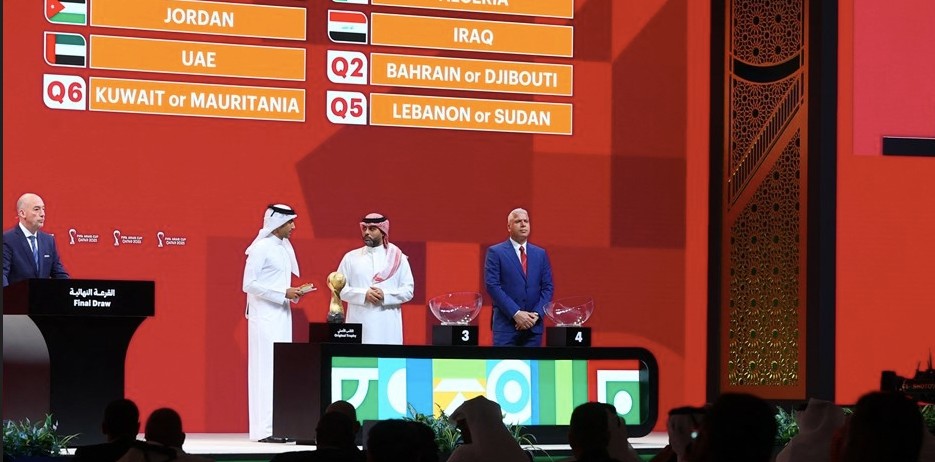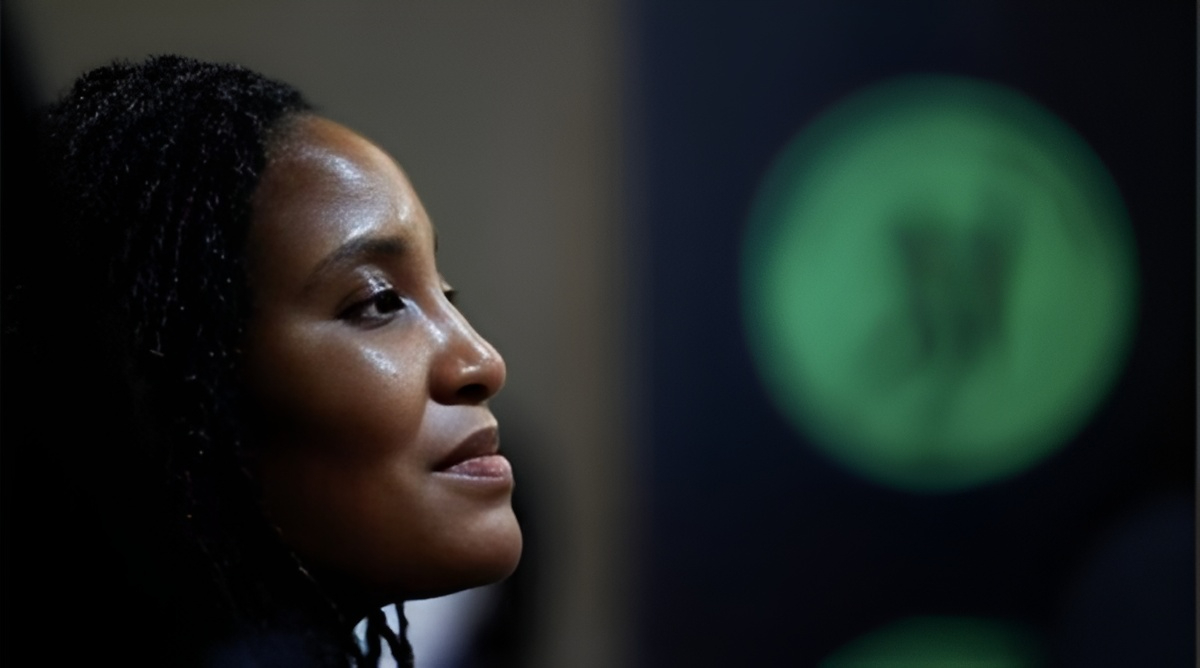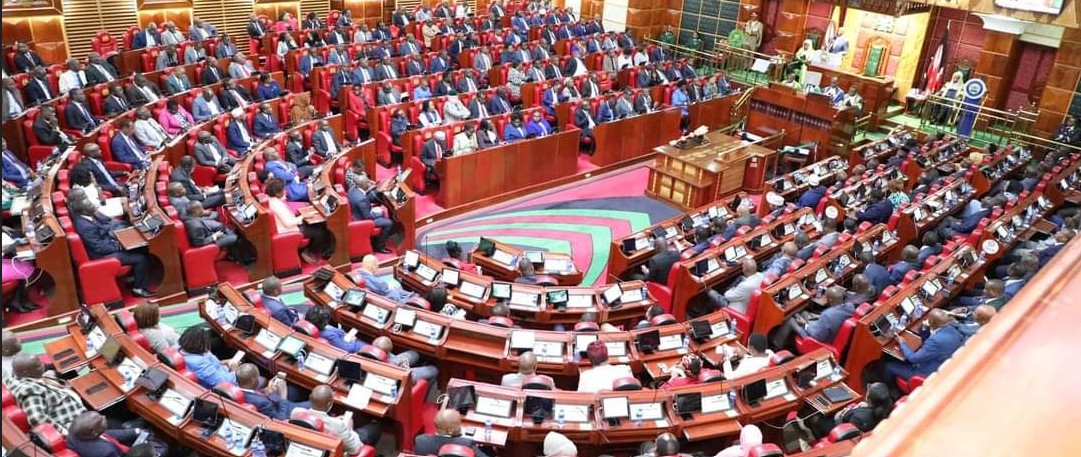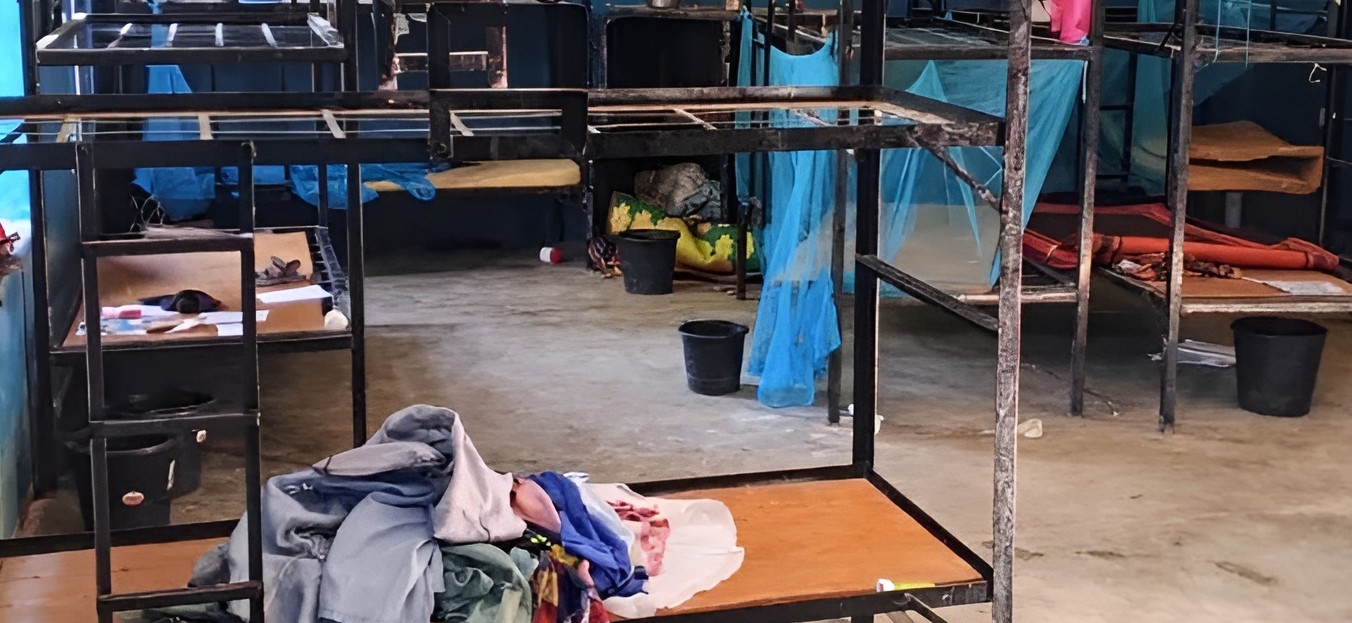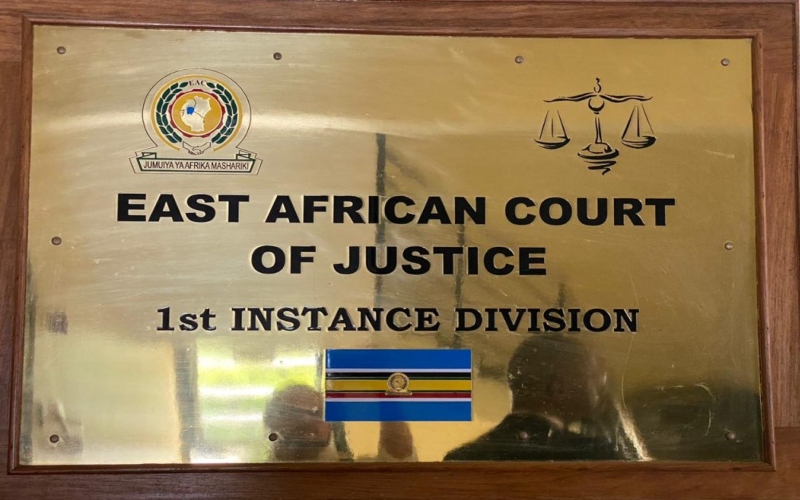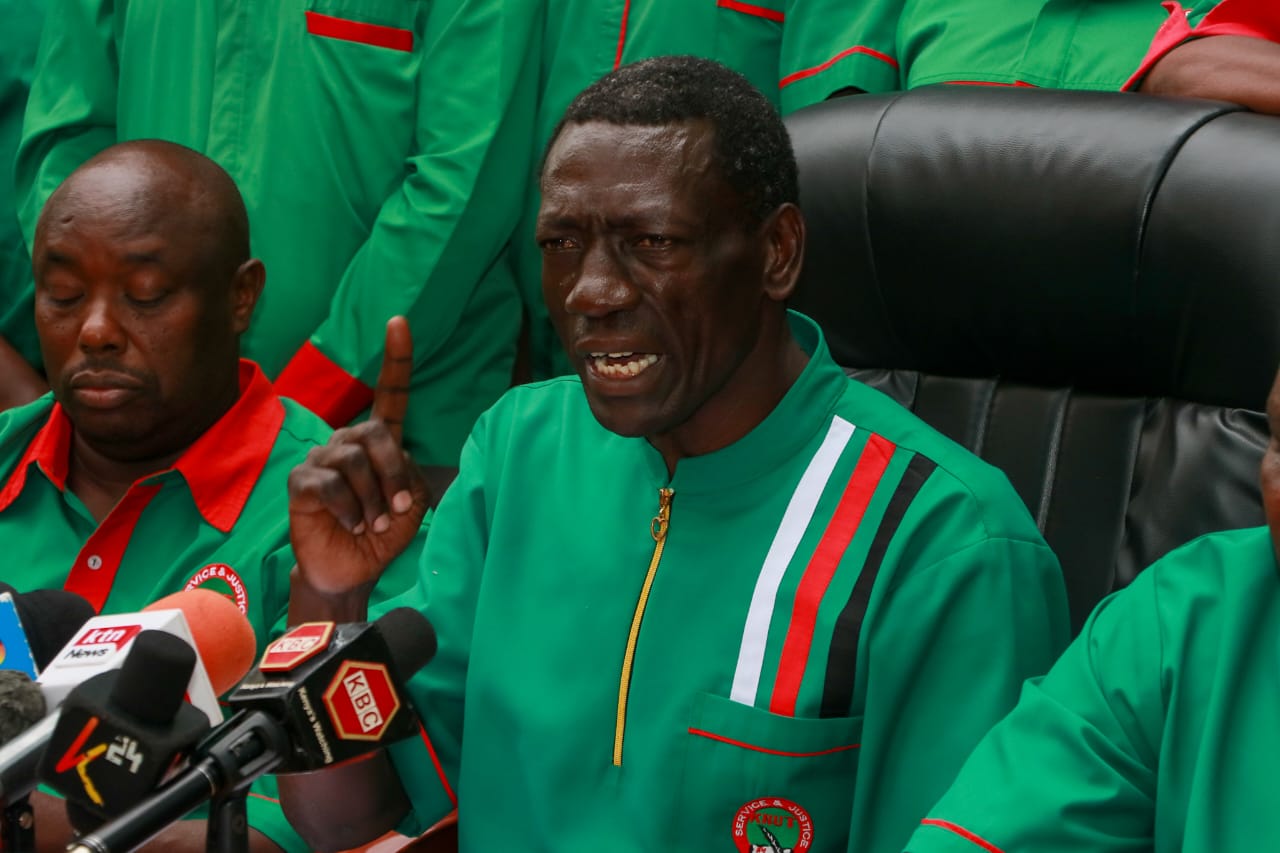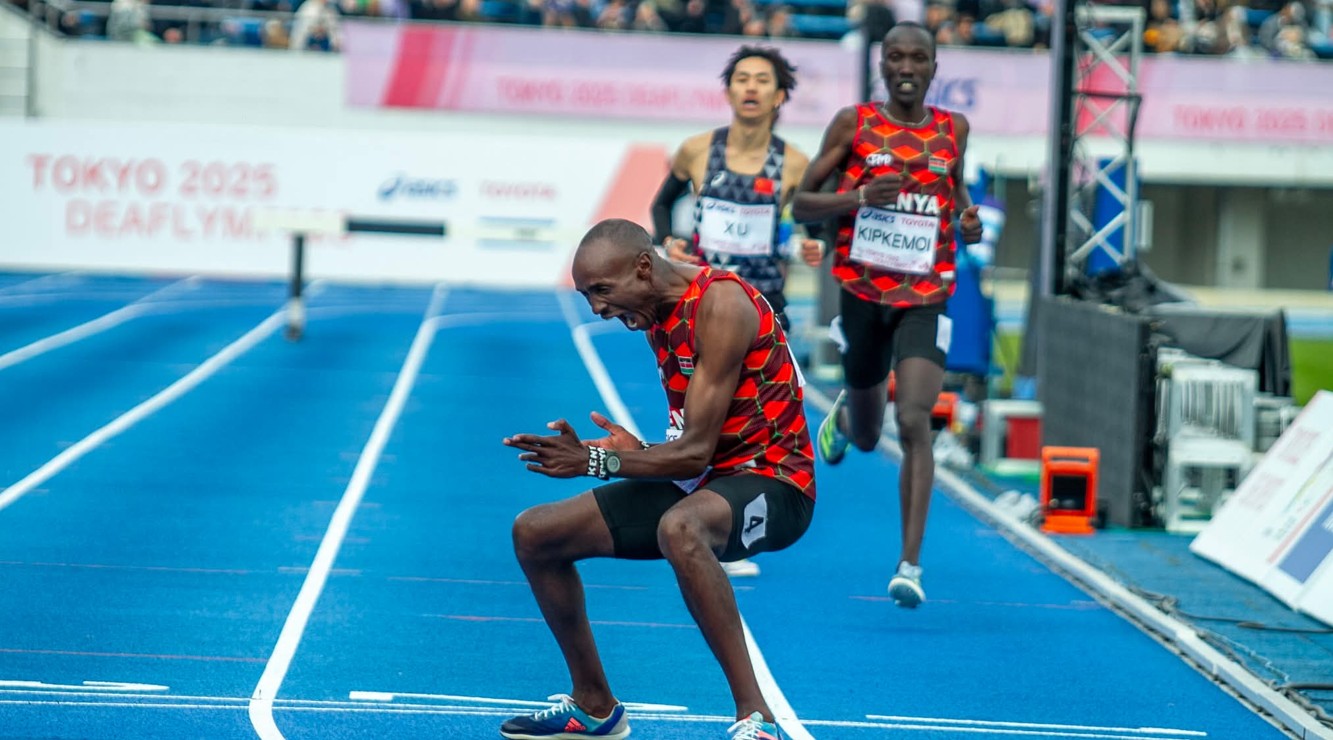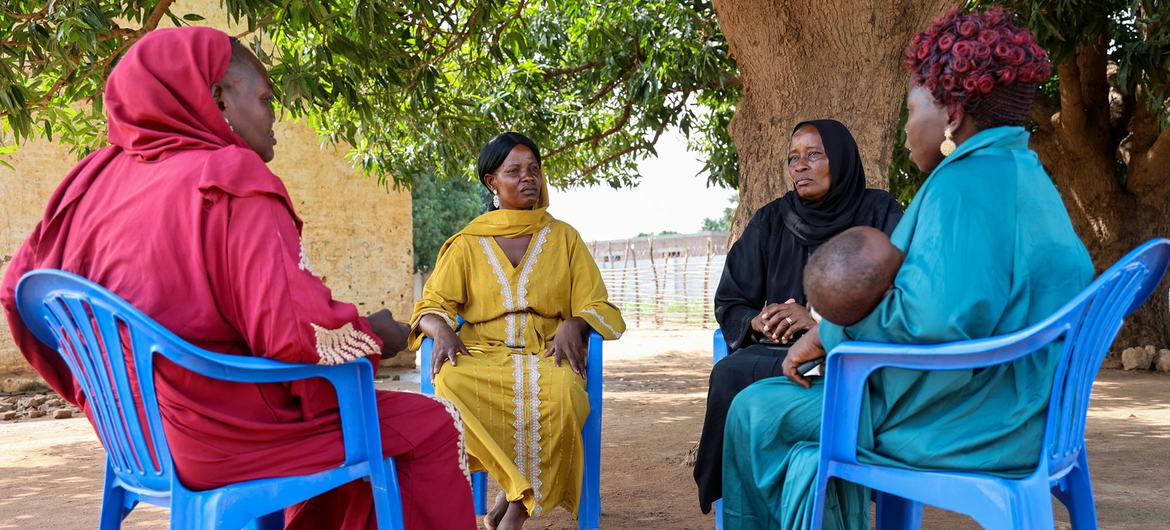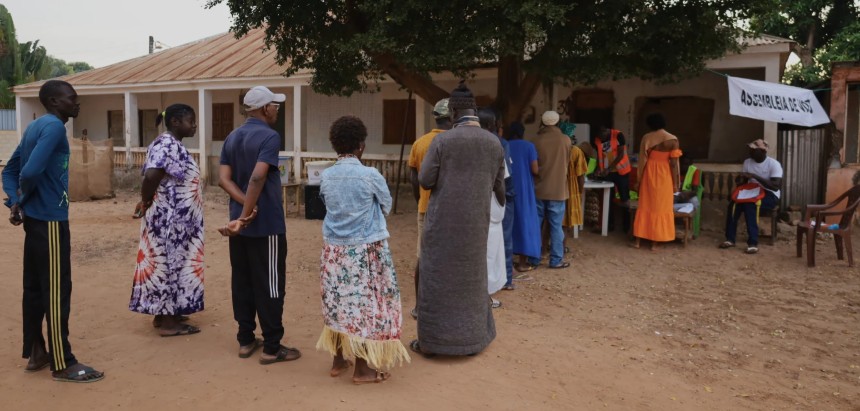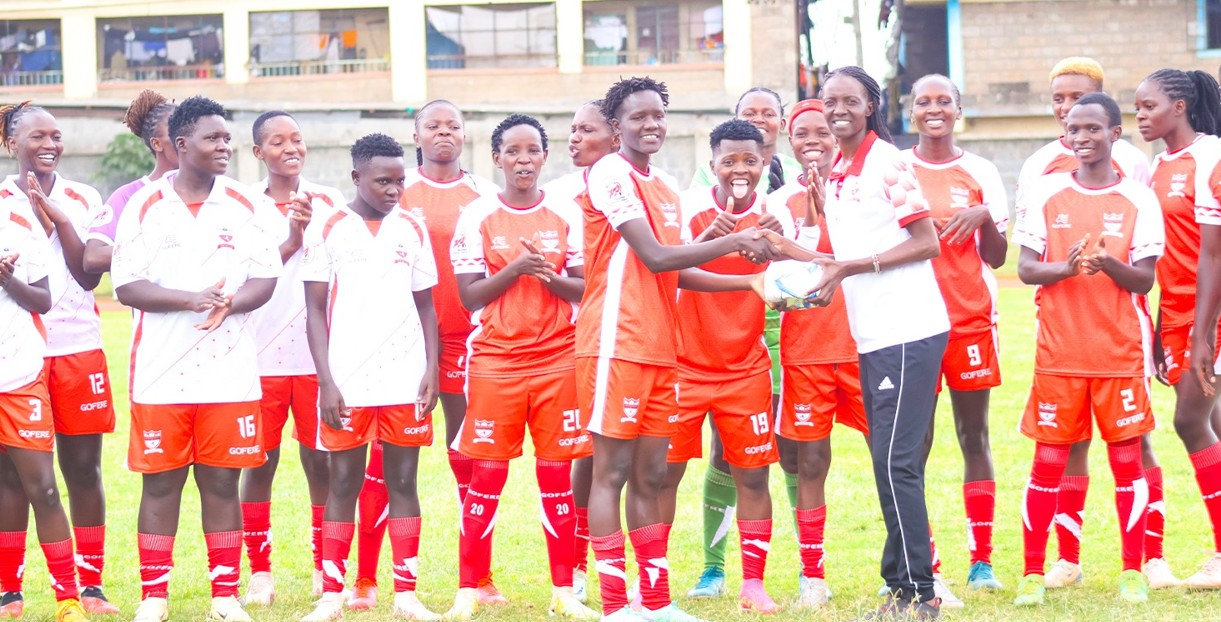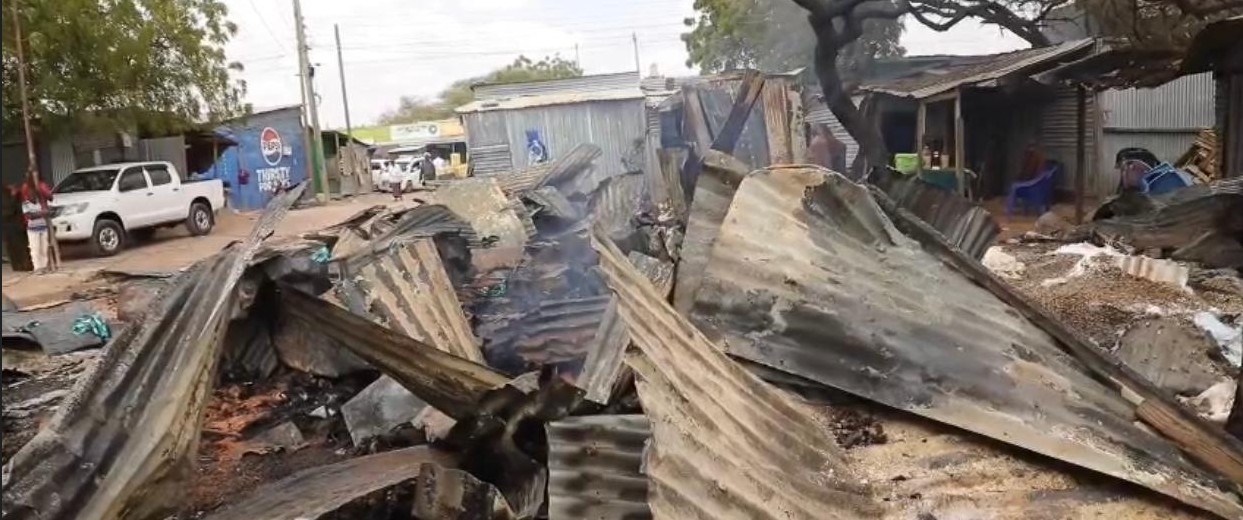UNHCR Chief Filippo Grandi warns world against growing numb to atrocities
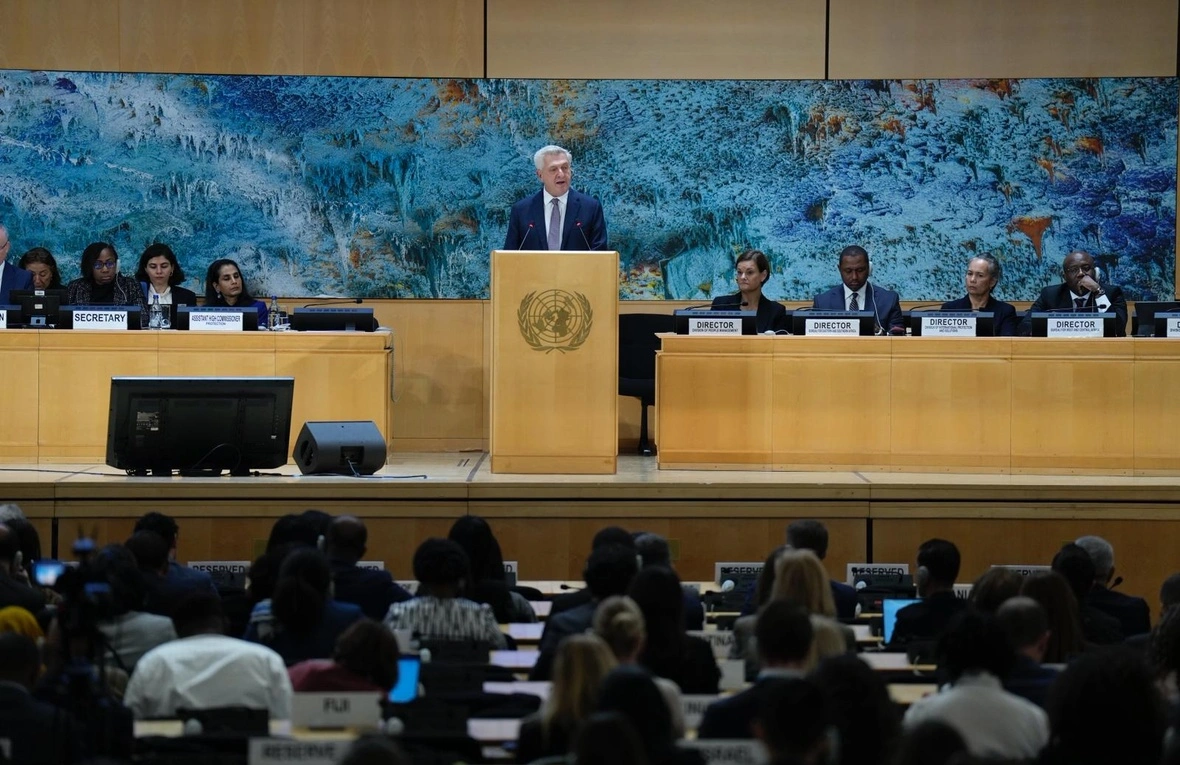
In his speech to the 76th plenary session of the Executive Committee of the High Commissioner’s Programme in Geneva, Switzerland, Grandi noted that rising conflicts have contributed to increased displacement.
The head of the United Nations High Commissioner for Refugees (UNHCR), Filippo Grandi, has given an account of displacement in the world, noting that the number of affected persons has doubled since 2015.
In his speech to the 76th plenary session of the Executive Committee of the High Commissioner’s Programme in Geneva, Switzerland, Grandi noted that rising conflicts have contributed to increased displacement.
More To Read
- UNHCR warns of deepening humanitarian crisis in Darfur, Kordofan
- Refugee group raises alarm over lending traps facing displaced families
- UN welcomes aid supply talks with Sudan army
- Africa’s rapid drone expansion promises high-tech warfare but struggles to achieve strategic results
- Libya rescues 49 Sudanese migrants off western coast
- Kenya defends stricter asylum screening for Ethiopian, Eritrean applicants
"In the last few years, there has been a deliberate move away from pure humanitarian responses towards more sustainable models centred around refugees' self-reliance and support to host communities. The success of that approach remains contingent, however, on everyone holding their end of the bargain," said Grandi.
He added, "The daily repetition of atrocities is intended to numb our conscience. To make us feel powerless. But we are not. We have a duty to address the consequences of this violence. Forced displacement is one, and that is why UNHCR exists to protect refugees and find solutions to their plight."
Aid cuts by the United States of America (USA), Grandi added, have made 2025 especially difficult, impacting several programmes.
"I will be blunt. No country. No sector. No partner has been spared. Gender based violence prevention work stopped. Psychosocial support to survivors of torture stopped. Schools were closed, food assistance decreased, and resettlement ground to a halt. I could go on and on. This is what happens when you slash funding by over a billion dollars in a matter of weeks. We cannot be resigned to conflict even when it appears to be inevitable," he said.
The Commissioner urged people to remain engaged in these happenings and their impact.
"We must remain engaged; that is the value of humanitarian diplomacy. To chip away at conflict, one meal at a time, one refugee at a time, one family at a time. This certainly was not an easy year for any of us, but remember please, there has never been an easy year to be a refugee and there will never be one," he noted.
The Italian was elected to the position by the UN General Assembly in 2015 for a five-year term starting in January 2016. His current term runs until December 31, 2025. He succeeded Antonio Guterres, who was elected the UN Secretary-General in 2016, following the exit of Ban Ki-moon.
Prior to this, Grandi served as the Commissioner-General of the UN Relief and Works Agency for Palestine Refugees in the Near East from 2010 to 2014, having previously been its Deputy Commissioner-General from 2005 to 2010.
He also served as the Secretary-General’s Deputy Special Representative with the UN Assistance Mission in Afghanistan and has had a long-standing career with UNHCR, notably as Chief of Mission in Afghanistan and Chief of Staff in the High Commissioner’s Executive Office.
His extensive UNHCR field experience includes roles in Sudan, Syria, Turkey, and Iraq, and he has led emergency operations in Kenya, Benin, Ghana, Liberia, the Great Lakes region of Central Africa, the Democratic Republic of Congo, and Yemen.
Top Stories Today

